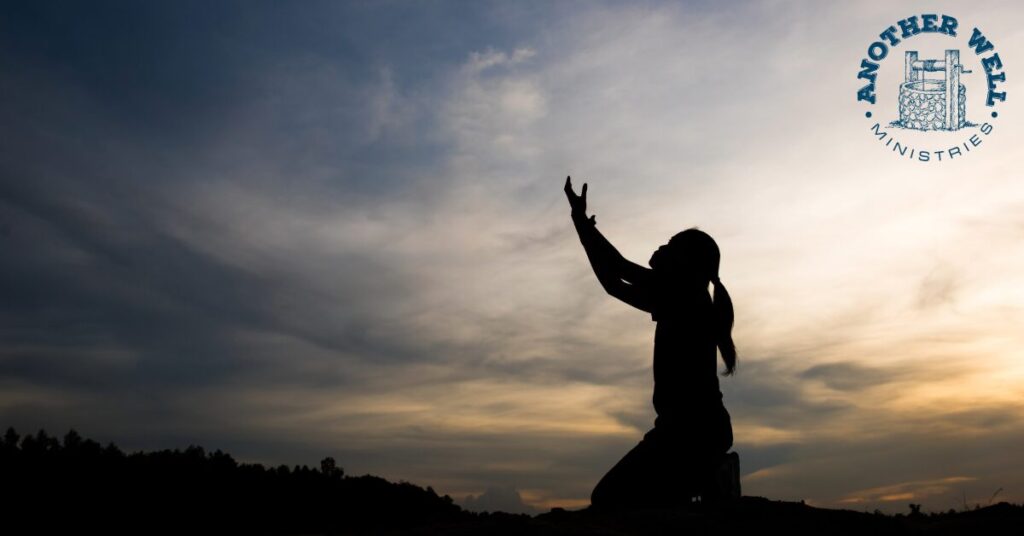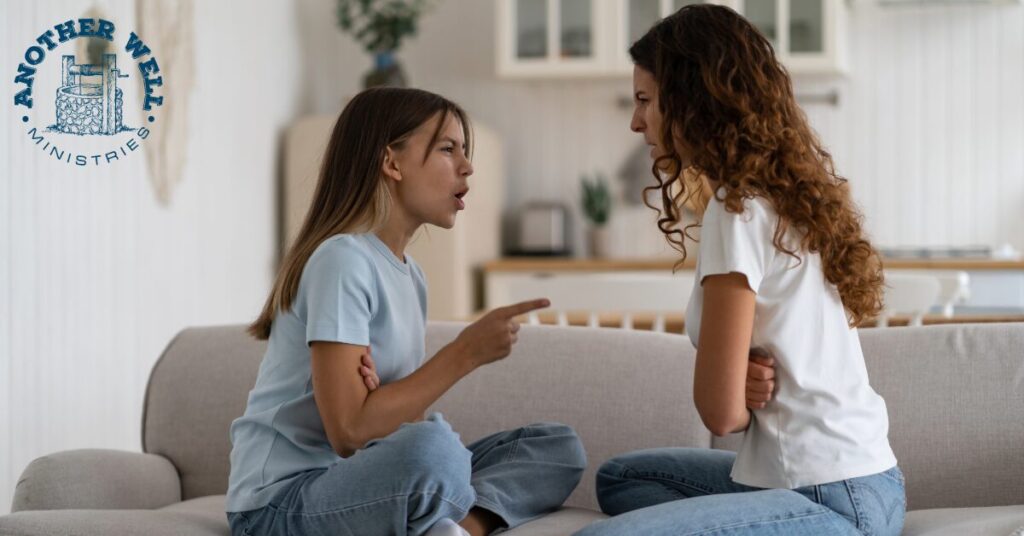Charlotte, NC — The COVID-19 pandemic and the ensuing lockdowns are making life quite difficult for a lot of people, and some of the hardest hit are the poor and marginalized. There are immigrants who have been laid off from their jobs and single mothers who can’t access childcare. There are elderly people who can’t get the support they need and people with mental illnesses who are struggling with the lack of routine.
One of the biggest challenges for people on the margins is that, all too often, they are invisible to society at large. Issues like poverty, addiction, mental illness and domestic abuse don’t often make the news, so it’s easy to forget that these hardships are an ever-present reality for millions of people.
A Parochial Perspective
Champions of the lockdowns tend to be especially oblivious to these hardships, and their preoccupation with case numbers and COVID deaths has caused them to blithely dismiss people’s concerns. Some have even castigated protesters for raising their concerns, brushing them off with the callous retort, “it’s not all about you.”
Another way people have trivialized these hardships is with the phrase “just stay home.” To many, that slogan may seem innocuous. But, for those living on the margin, that word “just” cuts like a knife. The fact is that for a myriad of reasons, many of them simply can’t afford to stay home, and talking as if they can only underscores the extent of our shortsightedness.
In many cases, the myopia displayed by the most vocal proponents of the lockdowns likely stems from the fact that they themselves have not been impacted nearly as much as those who are underprivileged. Politicians like to say “we’re all in this together,” but in reality, there isn’t really much “we” about it. Instead, there are two, starkly different lockdowns playing out.
The first kind of lockdown is the one experienced by the “lockdown elite.” More akin to a romanticized inconvenience, this kind of lockdown is characterized by working remotely, chatting on Zoom calls and ordering Uber Eats.
The second kind of lockdown is the one experienced by the lower class. For many, it means being unemployed or underemployed, and potentially putting themselves at a higher risk of infection. These lockdowns are also leading to higher suicide rates and damaging an entire generation of kids whose psychological well-being depends on rich social interactions.
But even that’s just the tip of the iceberg. Drug overdoses have also spiked due to the enforced isolation, as well as domestic violence rates. The dramatic rise in unemployment has also led to a surge in the number of Americans who can’t afford food. And on top of all that, senior citizens in particular have faced unimaginable suffering.
In contrasting these two experiences, the privilege of the lockdown advocates becomes apparent. The “lockdown elite” are shielded from the trials of the marginalized, so it’s no surprise that they downplay the severity of the problems or deny that they even exist.
Coming To Terms With Our Ignorance
The natural consequence of this circumstance is as obvious as it is uncomfortable. We need to “check our privilege.” Now to be sure, that phrase has been abused a lot, but the kernel of truth in it is that being protected from adversity can make us oblivious to the impacts of the policies we endorse. So “checking our privilege” in this case is about humbly recognizing the limits of our knowledge.
We need to be particularly wary of arrogantly thinking that we can impose a sweeping, one-size-fits-all approach that will be generally beneficial. Aside from being paternalistic, the problem with this mindset is that it disregards the diverse range of individual experiences, needs, and risks that people are facing.
A good example of this mindset can be seen in the mainstream discourse, which has revolved around questions such as “what should schools do” or “what should churches do.” For many of us it can be tempting to pick sides on these topics. But rather than weigh in on these debates, I think we would be better to insist that these are the wrong questions. Decisions about how to manage risk shouldn’t be top-down and universal. They need to be made independently by each local institution.
Of course, it’s reassuring to imagine that the government is looking out for us and that their experts will make good decisions, but it’s important that we resist the allure of central planning. Bureaucrats, scientists and journalists will all pretend to have the answers, but the truth is that they don’t. What’s more, we can do an awful lot of harm when we impose our “solutions” on people whose contexts we don’t understand.
In light of this, truly “checking our privilege” means rejecting the top-down solutions that stem from our ignorance and hubris. Rather than assuming we know what’s best for others, we need to embrace a multifaceted, localized approach that empowers individuals to make their own choices.
Seeing the Unseen
Invariably, many will object that ending the lockdowns in the name of economic expediency is rather imprudent, but this objection is missing the bigger picture. Ending the lockdowns isn’t about ignoring the very real risks we’re facing. Rather, it’s about taking responsibility for our own well-being and allowing others to take responsibility for theirs. Even more, it’s about recognizing that people’s livelihoods are not “non-essential”, and that our privilege often blinds us to the repercussions of our actions.
Because here’s what you need to understand about the marginalized people bemoaning these lockdowns. They’re not greedy. They’re desperate. And you would be too if you were in their shoes.


Patrick Carroll
Patrick Carroll has a degree in Chemical Engineering from the University of Waterloo and is a Eugene S. Thorpe Writing Fellow at the Foundation for Economic Education.
This article was originally published on FEE.org. Read the original article.
Stay tuned to The Liberty Loft, as we will continue to bring you the latest news. You can find us on a wide variety of social media channels or subscribe to our notifications to receive all the latest information as it is released.






